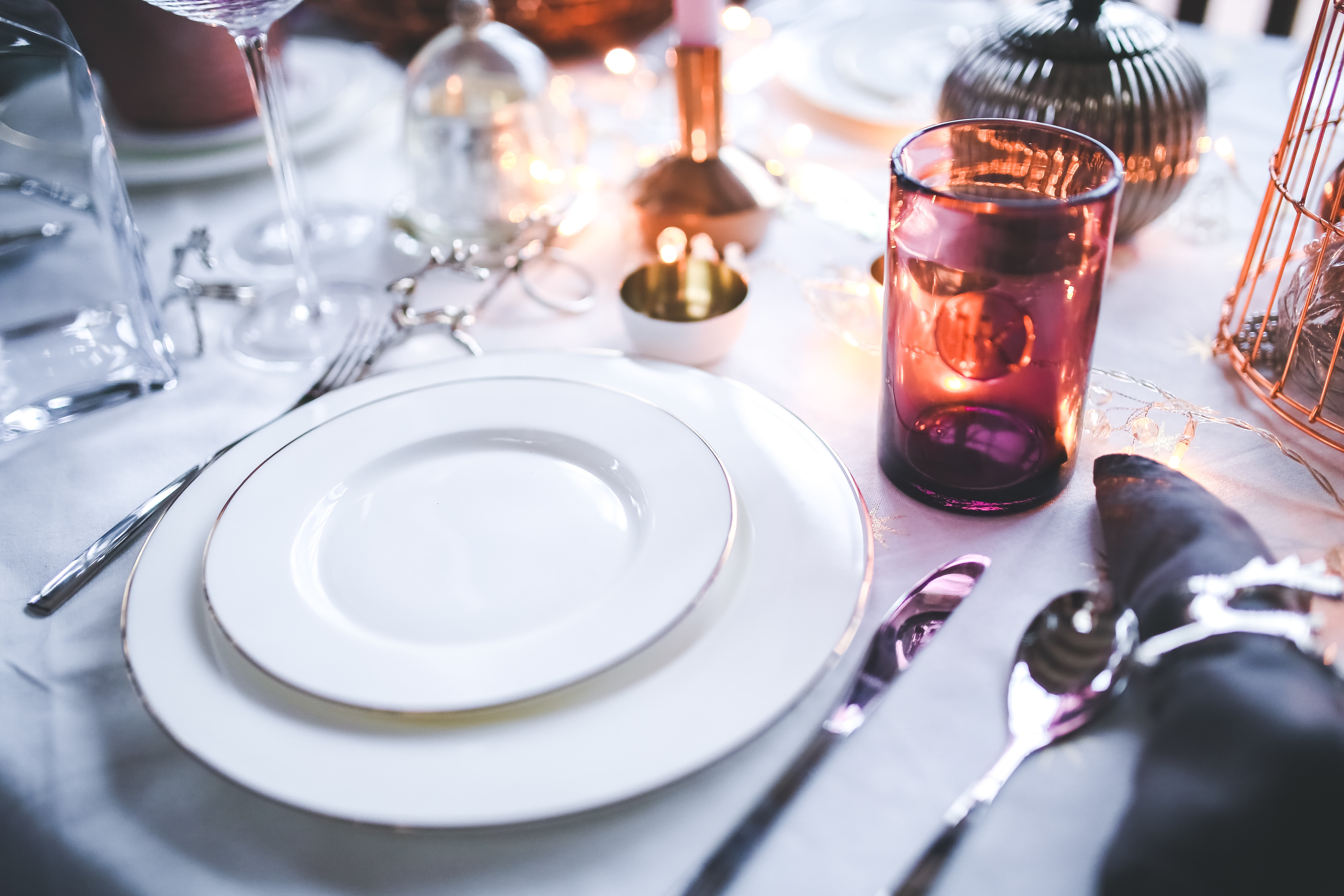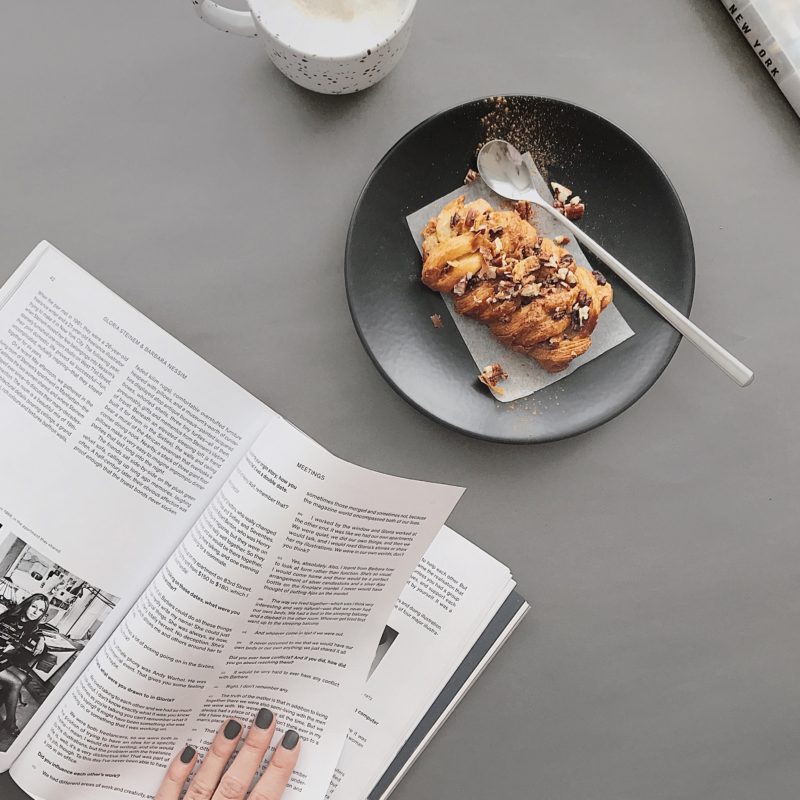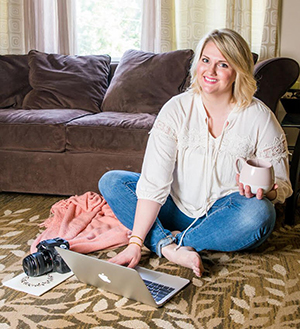
You’ve read Intuitive Eating, found and devoured all the articles you could find, and you’ve proudly declared that you’ve, ‘Quit Dieting!!’ Congratulations! Moving out of ‘Diet Land’ is no easy feat and you’d be surprised at how many dieting habits will stay with you even after you leave. Here are 10 ways you may be pseudo-dieting and how to stop so that you can fully break free of dieting.
- You’re still labeling foods as healthy/unhealthy or good/bad
But aren’t some foods just “good” and others just “bad?” One of the biggest steps in becoming an Intuitive Eater and not dieting is giving yourself unconditional permission to eat ALL foods. Foods are neutral – entirely. When you remove the labels, their “power” over you dissipates.
- You’re using calorie or macro trackers or any device to log or manage what you’re eating
You still have those apps on your phone – the ones from your dieting days. You know them – myFitness Pal, Noom, WW Tracker, etc. It could be a seemingly innocuous app you may be using to log your meals and snacks – you claim you’re just curious, but really you’re monitoring. Your basing your food choices in one way or another based on what you ate (and tracked) earlier in the day.
- Only eating “safe” foods that are low-calorie, fat-free, or low-carb
You’re in the work kitchen, making your coffee, and when you go to put your half-and-half in, you go for the fat-free. When you’re at the vending machine you choose the 100-calorie pack of Oreo cookies over the actual Oreo cookies you really want because they’re low-calorie. You choose the low-carb salad at the Diner instead of the turkey club you were craving. These choices are still part of dieting. You’re not listening to your own hunger cues and using external cues to make food choices.
- You stop eating carbs after lunch and “close the kitchen” after dinner
Oh those pesky rules that seem to linger… You’re doing it for “health” but really it’s about controlling your weight. You may not feel like you’re restricting because you’re allowing yourself carbs when you weren’t previously, but you’re still restricting. Recognizing and releasing these diet rules is a large step towards diet freedom.
- You drink coffee, diet sodas, or lots of water to quiet your hunger
Another tried and true diet trick… Hungry but trying to wait another hour to eat? Chug a diet soda. This is a way to squelch those hunger pangs and avoid eating. The same goes for drinking a bunch of water before a meal. Listen, hunger is hunger and when you want a cookie/sandwich/cheese, subbing coffee, diet soda, and water ain’t cutting it friends. Your hunger is still there, you’ve merely quieted it briefly, but it will return louder and more demanding.
- Going vegetarian or vegan for “ethical reasons,” but deep down, it’s for weight loss
It’s a lot more socially acceptable to cut out an entire food group by claiming it’s for ethical reasons than it is for dietary. Plus, it feels a little bit like a club you’ve joined – lots of members, tons of info available, and a badge of honor you can proudly boast – I’m vegan.Now I’m not saying being vegetarian or vegan cannot be a healthy lifestyle, but when it’s from a place of diet mentality, it’s simply a diet. Suddenly you’re craving cheese steak subs and eating them in shame.
- You avoid certain foods based on “intolerances” even though you’ve never been tested/diagnosed
This is similar to the vegetarian/vegan concept. You cut out gluten or dairy for intolerance reasons when really it’s about dropping pounds. The appeal of dieting is it tells us what to eat when we’ve been taught that we can’t possibly trust our body to tell us so. So much false info has been spread about the “dangers” of gluten and dairy causing many to experience the nocebo effect. We think it’s bad for us so it will make us sick. We tell ourselves this enough, our body will act accordingly. People with no actual intolerance will experience symptoms because they expect to. If you feel that you may have an intolerance, get tested. And remember, even if you do, it doesn’t mean you can’t enjoy foods with these components, it just means that there may certain “side-effects” that will be experienced later. That super delicious cannoli ice cream from your favorite creamery is entirely up to you.
- Paying penance for eating “bad” foods
You went out for a fun night out with your girls, had a few mango margaritas and the best guacamole you’ve ever had, but now you’re feeling post-indulgence guilt. So you skip breakfast the next morning and go extra hard and long at the gym. That’s paying penance. Guilt has no place here. Some days will be filled with more food than others and that’s perfectly okay. Understanding that is what balance really is.
- Restricting or regulating food before events focused on food or over-exercising in preparation
You do this before going out being sure to eat little throughout the day and “save the calories” for the evening’s event. We’ll see a lot of this when Thanksgiving rolls around with the morning 5Ks and infographics showing how many miles you need to run to burn off those mashed potatoes and gravy. This is B.S. This is NOT balance. This is dietary regulation based off external cues.
- Feeling guilty for feeling hungry despite eating “enough”
You’ve allotted yourself a “reasonable” portion – that should be enough. Or you’ve had 2 helpings when you thought you should’ve stopped at one, you’ve had enough…but you’re still hungry. Or my favorite diet mentality quote, “I just ate, why am I still hungry?” It can be hard reconnecting and trusting your hunger cues when you’ve been told for so long that your body is lying to you. You’re told that hunger is a fault and even something to be ashamed of. Let me tell you that your hunger cues are completely natural and HUMAN. If you eat and find yourself unsatisfied and still hungry, please recognize it and give yourself permission to continue eating. This doesn’t mean eating to uncomfortable fullness, but allowing yourself to listen to your body and give it what it needs.
When you’ve been dieting for a large part of your life, it can be hard to let go of those little tricks and habits, even when you think you’re just being healthy. Even dieting for a short time can have lasting effects on your good choices and habits. Diet culture completely surrounds us. It’s basically inescapable, but the key is recognizing it. Once you see diet culture, you’re much less susceptible to its influence. Quitting dieting is possible. You’ve got this.
If you’d like individualized attention and guidance in becoming an Intuitive Eater and breaking free from dieting forever, sign up for a free consultation. Email me for more information or set up a call.





This is all so true! I dieted for 25 years until i finally had enough and my life is so much happier now without all that resistance. And i ended up losing weight naturally. Great post, Christie!